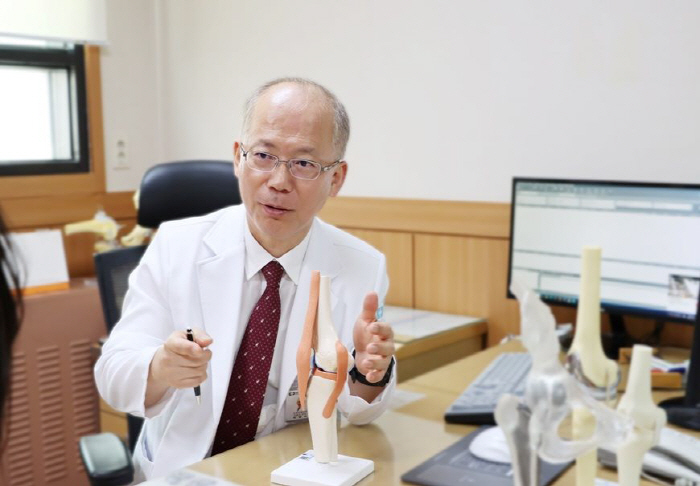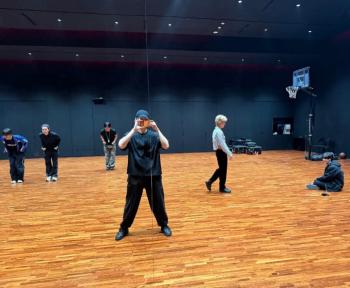Aging joints by gait...Don't let your guard down after your 40s
Nov 28, 2025
|
Degenerative arthritis is a chronic disease that causes pain and inflammation due to loss and damage to cartilage in joints, and several factors such as aging, overuse, and obesity work in combination.
Degenerative arthritis is commonly known to occur in the knee, but it also occurs in the hip, fingers, and spine. A typical symptom of degenerative arthritis is pain. The pain increases when you walk or when you go up and down the stairs, and the pain can persist even when resting. However, if movement is reduced due to this pain, the joint is more likely to weaken.
"Degenerative arthritis is a disease in which muscles, ligaments, and blood flow that support the joint are weakened together," said Park Young-sik, head of the Orthopedic Artificial Joint Center at Ceran Hospital. If you don't move because of pain, your thigh muscles and quadriceps weaken quickly" He explained that weakening muscles puts more pressure on the joints, and stiffening the tissue around the joints can make the stiffness worse"
As knee degenerative arthritis progresses, the gait changes noticeably. The walking pattern changes by avoiding natural weight movement due to excessive weight gain on one joint or pain. O-shaped leg deformation is the most common form, and when walking, the legs wobble and the inside of the foot wears out. Pain increases on downhill roads, which also puts a strain on the spine and hip joints in the long run.
Another characteristic of degenerative arthritis that can be distinguished from aging is 'morning stiffness'. When I wake up in the morning and move for the first time, my joints are stiff, but they loosen within 30 minutes. Inflammation inside the joint may also cause swelling and heat, and knee joints may be accompanied by water-filled (joint exudation). The cartilage is worn out, so bones collide with each other, irregular surfaces rub, and sound is also made.
Director Park Young-sik said "Initial degenerative arthritis is difficult to diagnose with simple radiographs and requires MRI scans. If you are diagnosed with early degenerative arthritis, you can try a treatment that regenerates the cartilage damage site, and stem cell treatment can be considered at this time."
Director Park Young-sik then said, "If the symptoms of deformation persist for more than two weeks, such as frequent joint pain or swelling of the joints when climbing stairs after the age of 40, an orthopedic diagnosis is necessary."Obesity is one of the great risk factors for degenerative arthritis, so it is very important to steadily exercise lower body strength along with weight control" he stressed.
|
This article was translated by Naver AI translator.















